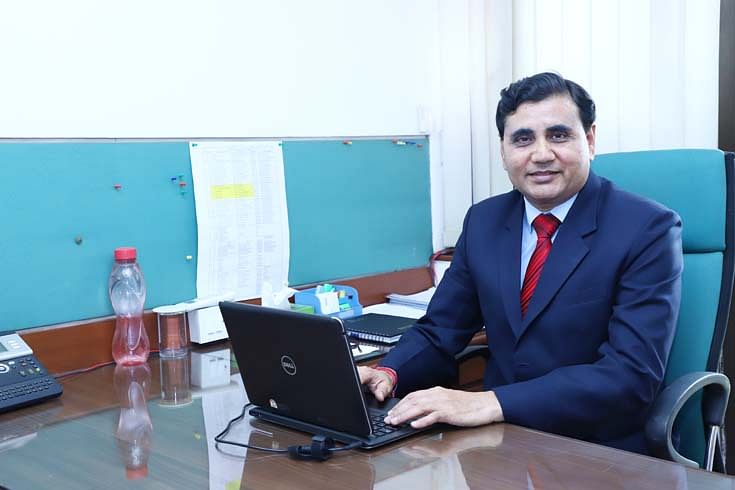iCAT invests $8 million in NVH and EMC lab upgradation
The growing need for EV testing has prompted the nodal automotive testing and- validation agency in North India to enhance its infrastructure.
After opening a slew of new testing facilities in the form of NVH (Noise, Vibration & Harshness), EMC (Electromagnetic compatibility) and crash test labs at its second allocated site in the Manesar industrial belt in Haryana in June 2018, the Manesar-based International Centre for Automotive Technology (iCAT) is now enhancing its capabilities to cater to the growing industrial demand for homologation of electrified projects, both at vehicular and component level.
While iCAT, the premiere testing agency under the aegis of the National Automotive Testing and R&D Infrastructure Project (NATRIP), already caters to India Auto Inc with electrical and electronics testing solutions, it however lacks charger and battery testing to explore its full potential.
“We are investing about US$ 8 million (Rs 55.3 crore) to augment our facilities in auto-electronics and EMC labs to cater to the testing requirements of e-mobility,” said Dinesh Tyagi, director, ICAT, speaking to Autocar Professional.

Dinesh Tyagi: “We are investing about US$ 8 million (Rs 55.3 crore) to augment our facilities in auto-electronics and EMC labs to cater to the testing requirements of e-mobility."
“We do have a battery testing capability, but we do not have the capacity, in the sense that whatever capacity we have, it's not enough. So we are augmenting capacities and also in terms of the size of the pack that we can test. Our current capacity in terms of power is smaller and we need a bigger one,” said Tyagi.
“As regards the EMC lab, there are certain ISO standards according to which we are not in a position to test today, so we are upgrading our instrumentation and equipment,” he added.
The upgradation is under process and the labs will become fully equipped and operational with the new equipment by September this year.
With the entire state-of-the-art facility set up with an overall investment of over Rs 530 crore, iCAT is now looking at assisting OEMs and large vendors in their developmental activities, and not just remaining an end-certification centre.
“We foresee scope in our NVH lab to collaborate with OEMs to give them complete solutions. How quickly? Well, that's a difficult question to answer but we have to first build credibility with the industry, which means we have to first get a project, execute it to the satisfaction of the OEM and then gradually build upon that success,” pointed out Tyagi.
“It may be a timeframe of 3-4 years before we can be seen as a competent partner to develop a full NVH solution,” he added.
“Our long-term vision is that the certification business that we do will become small and the major business will come from product development activities, and then we have a vision to grow our revenues. So when we talk about revenue growth together with this percentage share growth, it really means something very big in the product development domain, and we are aligning our infrastructure and capabilities towards this goal only,” concluded Tyagi.
Also read: Crash and learn: iCAT’s passive safety lab shows just how
RELATED ARTICLES
Cosmo First diversifies into paint protection film and ceramic coatings
The Aurangabad, Maharashtra-based packaging materials supplier is leveraging its competencies in plastic films and speci...
JSW MG Motor India confident of selling 1,000 M9 electric MPVs in first year
The 5.2-metre-long, seven-seater luxury electric MPV, which will be locally assembled at the Halol plant in Gujarat, wil...
Modern Automotives targets 25% CAGR in forged components by FY2031, diversifies into e-3Ws
The Tier-1 component supplier of forged components such as connecting rods, crankshafts, tie-rods, and fork bridges to l...






 29 Mar 2019
29 Mar 2019
 14651 Views
14651 Views










 Autocar Professional Bureau
Autocar Professional Bureau




